There’s Nothing Artificial about the Intelligence AI Can Offer Associations

Artificial intelligence is already a part of our lives. It’s the technology that suggests more items to add to your Amazon cart based on what you’ve already added. It suggests new shows to watch on Netflix based on what you’ve already watched. It’s Siri in your iPhone and Alexa in your house.
“You don’t have to know how it works,” says David Martin of HighRoad Solution, “but you do need to know there are AI-powered tools that can help you do things you couldn’t do before.”
Intimidated by AI? Don’t be, Martin said during his presentation at ASAE’s 2017 Technology Conference & Expo. This is the time to experiment with how it can propel you toward your association’s goals!
What could associations use AI for?
-
Answering questions for members online via chatbots
Martin calls chatbots a conversation marketing tool. They are the convergence of chat tools, marketing and AI. They can act as virtual assistants/concierges for your website by passing along pertinent information without the need for an extra staff member to monitor the chat. Chatbots can also direct people to a better source of information if the person’s questions are not answerable during a simple chat.
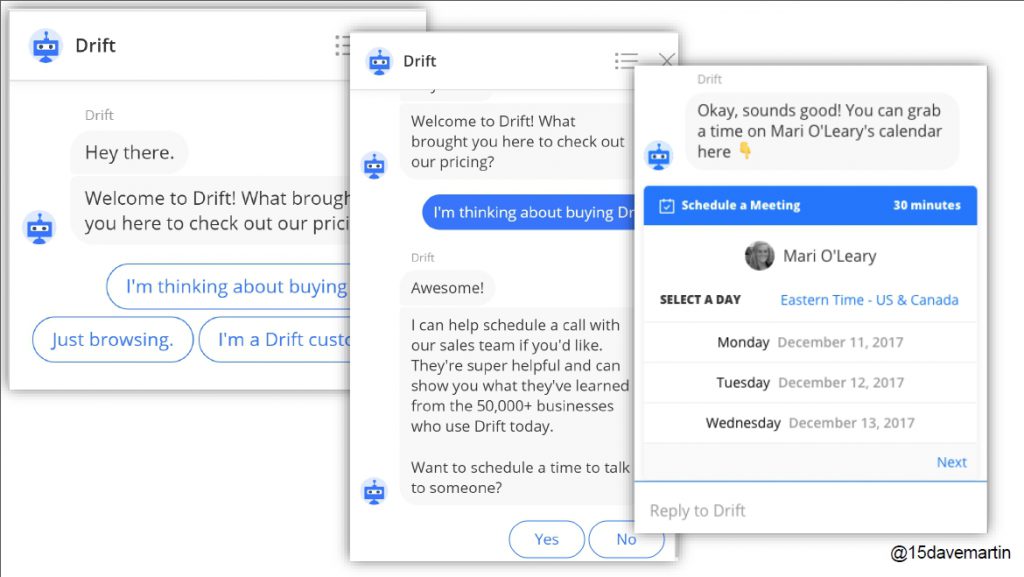
2. Personalizing one-to-one communications (for example, through Rasa.io)
Do you receive a newsletter with news customized to your interests? Then you are touched by AI-powered tools already! Personalized newsletters or news briefs that cater to unique interests are a function of AI-enabled tools detecting what a website visitor views and clicks on, and then customizing an ensuing email to keep the visitor interested in the brand/organization/association. Tools like Rasa.io can also learn a member’s likes and interests based on what they click on within an email they already receive. The result is a more relevant newsletter over time that the recipient wants to read more and more because it speaks directly to their evolving information needs. The more the member engages with the message, the more your AI tool learns, creating a positive cycle of feedback, customization and more feedback. It’s common for associations using AI for their emails and newsletters to see open rates at 40 percent or higher, and click rates of 15 to 20 percent.
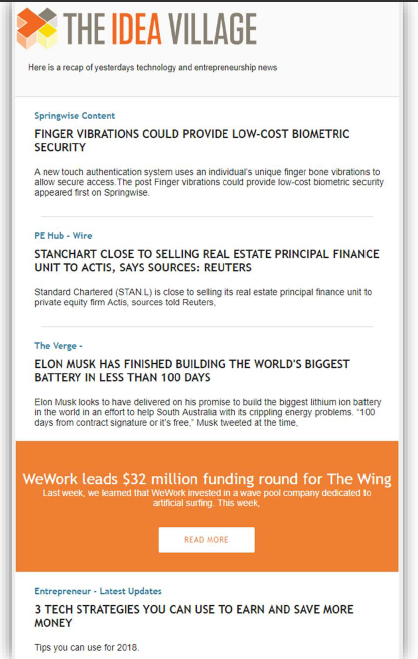
-
Choosing email subject lines that have a better chance of leading to more email opens
AI software can also help your association achieve better email open rates by performing email subject line tests that use emotional language. AI email tools such as Persado show the frequency and impact of emotional language in thousands of subject lines to give you an idea of how those words in your subject lines might impact your open rate.
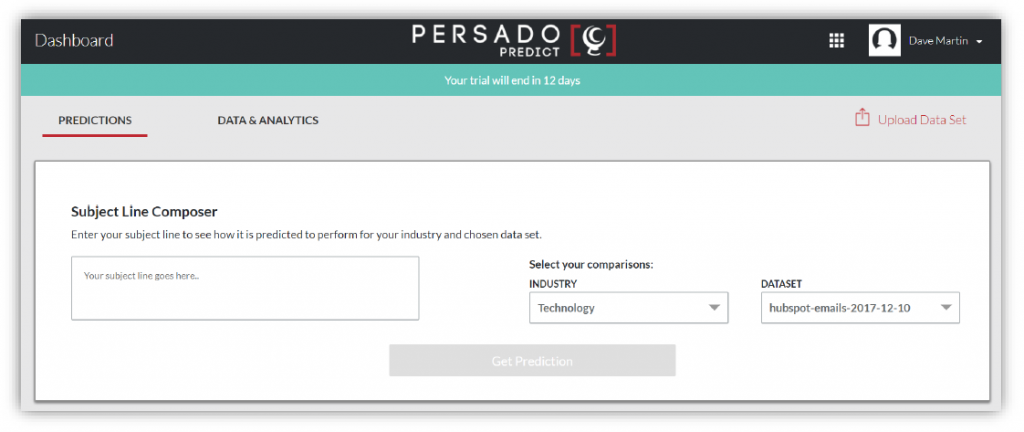
-
Better SEO (search engine optimization) and content strategy
Thanks to AI tools such as Siri and Alexa, using natural language in search engines is becoming more common and returns better results than such queries would return 20 years ago. Searchers can use more conversational, complex phrases or sentences to describe the concept they’re looking for, and be more confident that a search engine will return websites that fulfill their information needs. This means your association can feel more confident about using natural language on your website and still showing up at the top of relevant search results, and can focus on developing topics instead of keywords on any given Web page. Using natural language can help you organize your association website better, make it easier for Google to find your content, and make browsing your website a more pleasant experience since users won’t have to wade through paragraphs with repetitive target keywords and their myriad variations.
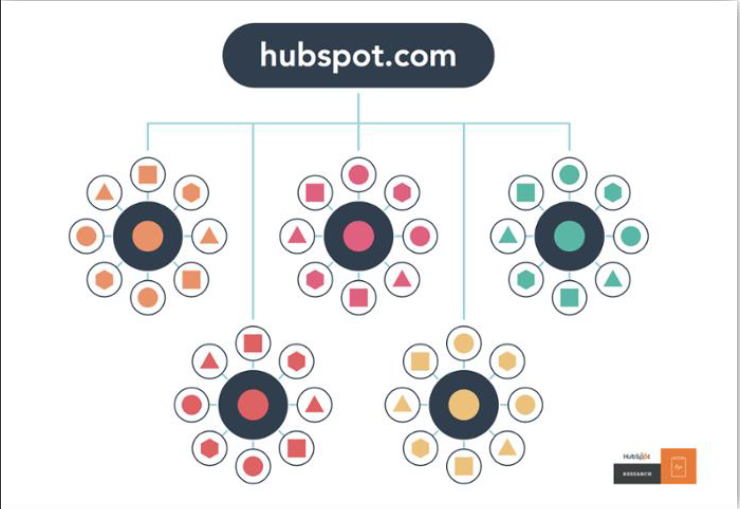
-
Scaling content to larger campaigns through natural language generation
According to Automated Insights, natural language generation is a software process that automatically turns data into human-friendly prose. This means that when your association has a bunch of numbers to report, such as financials that are included in your annual report, AI tools like Wordsmith can help your writers spell out those numbers in a way that most people – even those whose mathematical literacy is admittedly lacking – can understand and even appreciate.
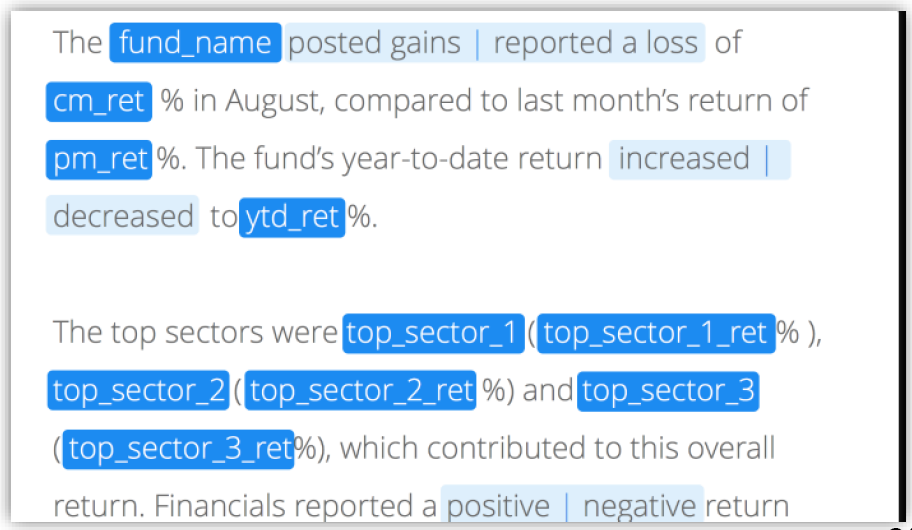
Martin cited a case study from the Associated Press where reporters used Wordsmith’s templates to quickly and smoothly translate quarterly earnings reports from hundreds of companies into news articles the public would like to read. Before using Wordsmith, the AP published about 300 stories per quarter because reporters’ time and energy for making earnings reports exciting was limited. Now, with the help of Wordsmith’s AI-powered templates, they publish 4,400 stories per quarter. This automation frees up reporters’ time to focus on other stories that illustrate the financial sector in more depth.
Your association may not have many numbers to report, but you likely have industry-specific reports, membership reports, or regularly-occurring event registration processes to describe on your website and in your newsletters. Why not let AI help your marketing team write these descriptions?
To see if AI is right for your association, Martin recommended asking yourself three questions:
- Do we have access to the data we would need or want to automate?
- Is our data structured (in columns and rows)?
- What stories can we tell with our data?
If your association can answer affirmatively to each of these questions, allow yourself the room to experiment! Has your association tried AI tools? Tell us about your experience below!
Learn more from Dave Martin’s presentation by downloading his slide deck.


